
Please wait, loading...

Please wait, loading...
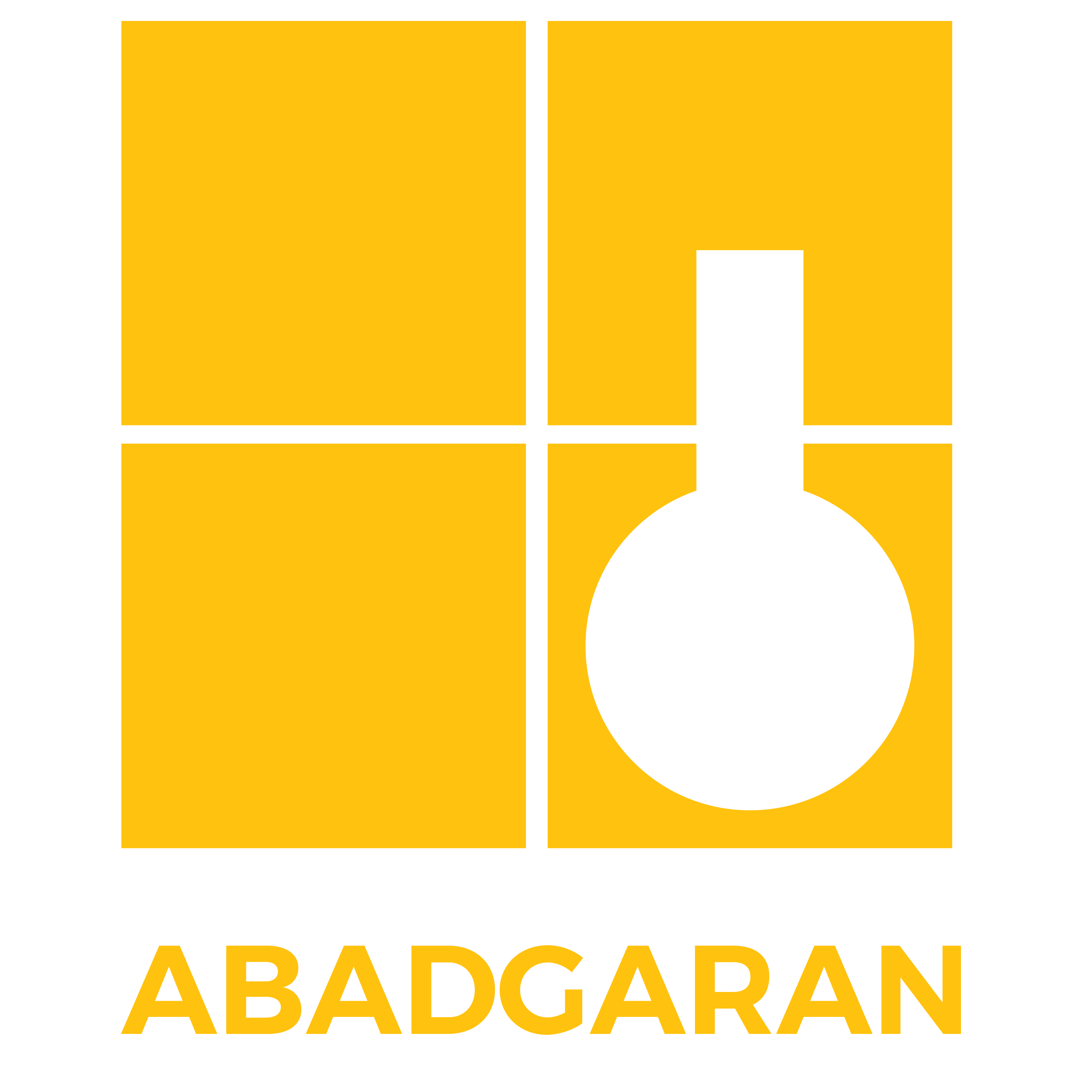
![]()

Anchor bolts embedded in concrete, especially in structural applications, play a vital role in providing safe and durable connections. The ACI 355.4-11 standard specifies the requirements for the design, installation, and testing of rebar and anchor adhesives to ensure the optimal performance of these systems under various conditions. This article explains the key requirements and methods outlined in this standard.
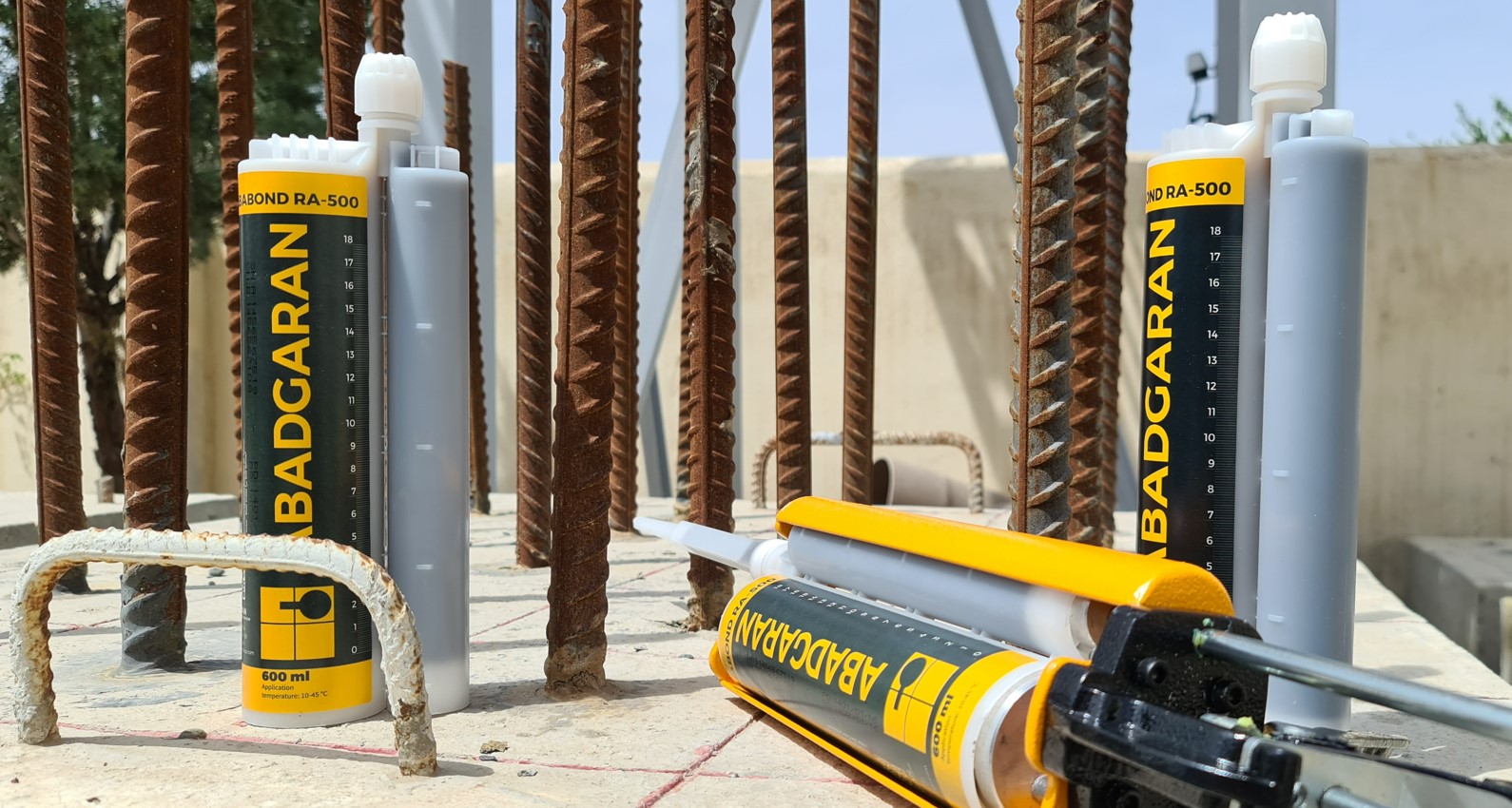
ACI 355.4 and Rebar & Anchor Bolt Installation
ACI 355.4 serves as a comprehensive standard providing criteria for the design and evaluation of chemical anchors. Rebar, anchor bolts, or roll bolts are widely used for installing industrial equipment, structural strengthening, and seismic applications. The standard includes tests to evaluate the performance of anchors under normal, seismic, and cyclic loading conditions.
Anchor bolts installed with epoxy adhesive fall into two main types:
Adhesives used must comply with the ACI 355.4 specifications and AC308 testing criteria. These adhesives should provide appropriate bond strength and maintain stable performance across varying temperatures.
Anchor Installation Procedures
For optimal performance, the following steps must be performed according to ACI 355.4 guidelines:
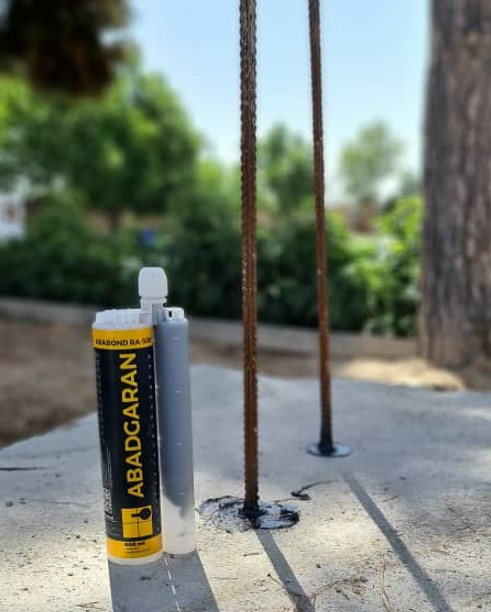
Quality Tests for Rebar Adhesive
To ensure optimal performance and safety, various tests are conducted per ACI 355.4, including:
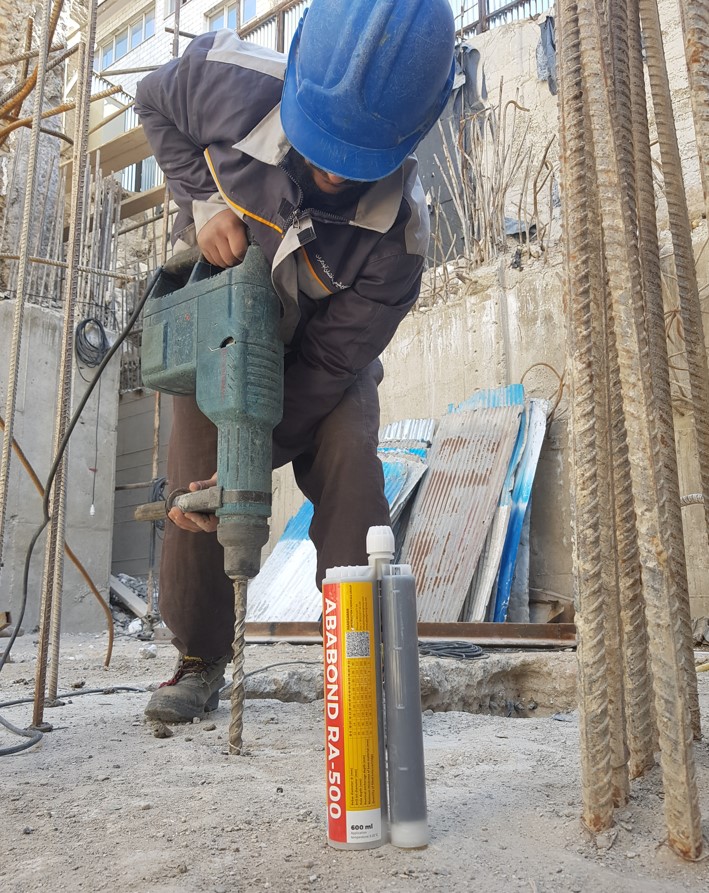
Supervision and Inspection During Installation
Continuous inspection is a key principle of ACI 355.4, including:

Conclusion
Compliance with ACI 355.4-11 requirements for rebar adhesive installation and testing ensures safety, durability, and optimal performance of these systems. From precise preparation to quality testing, every step must be monitored and conducted according to the standard.
For more detailed information, refer to the full ACI 355.4 standard and trusted guides such as F&R.
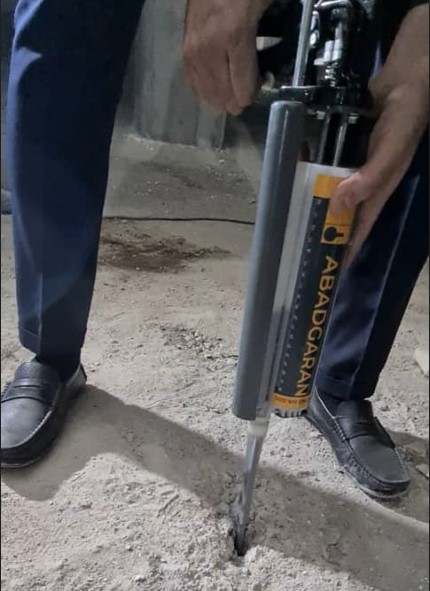
Abadgaran is a leading domestic manufacturer of construction and industrial adhesives, including two-component epoxy-based rebar adhesives. Backed by advanced technical knowledge and international standards like ACI 355.4, their products are suitable for sensitive projects such as seismic retrofitting, anchor bolt installation, and rebar anchoring. Abadgaran’s ABABOND RA-500 cartridge adhesives offer easy application, consistent quality, and performance under diverse environmental conditions, making them ideal for enhancing structural connection durability and safety.
Recently, Abadgaran introduced ABABOND WR-600, an epoxy-based adhesive designed specifically for wet and submerged environments. This advanced adhesive, based on epoxy and phenalkamine hardeners, features unique properties for high humidity and underwater applications.
Given the excellent adhesion of epoxy resins to various surfaces and construction materials, the use of these adhesives in civil projects is increasing. For further reading, it is recommended to review the article "Use of Epoxy Adhesives in Bonding Hardened Concrete, Fresh Concrete, and Steel to Hardened Concrete."